
Why Does My Toilet Keep Running?
A running toilet can be more than just an annoying sound—it can lead to wasted water and higher utility bills. If you’ve ever wondered, why does my toilet keep running?, you’re not alone. This common plumbing issue has a variety of causes, each with its own solution. In this blog, we’ll explore the reasons behind a running toilet and how to address them effectively.
Common Causes of a Running Toilet
A running toilet is typically the result of an issue within the tank mechanism. Here are some of the most common culprits:
Faulty Flapper Valve
The flapper valve is a rubber seal at the bottom of the toilet tank that controls the flow of water into the bowl. Over time, the flapper can wear out or become misaligned, allowing water to continuously flow from the tank into the bowl.
Float Problems
The float is responsible for regulating the water level in the tank. If the float is set too high, the tank may overflow into the overflow tube, causing the toilet to keep running. Alternatively, a damaged or stuck float can also lead to issues.
Broken Fill Valve
The fill valve controls the flow of water into the toilet tank. A malfunctioning fill valve may fail to shut off properly, causing water to run continuously.
Worn-Out Chain or Handle
The chain connects the toilet handle to the flapper. If the chain is too short or tangled, it can prevent the flapper from sealing correctly. Similarly, a loose or damaged handle can disrupt the flushing mechanism.
Mineral Buildup
Hard water can cause mineral deposits to accumulate on the flapper or other components, affecting their functionality and preventing a proper seal.
Why Fixing a Running Toilet Matters
Ignoring a running toilet may seem harmless, but the consequences can add up quickly:
- Wasted Water: A running toilet can waste hundreds of gallons of water per day, significantly increasing your water bill.
- Higher Utility Costs: Wasted water means higher expenses, which can become a financial burden over time.
- Environmental Impact: Fixing a running toilet is a simple way to conserve water and reduce your environmental footprint.
How to Fix a Running Toilet
Addressing a running toilet often requires some basic troubleshooting. Here’s how you can tackle the issue:
1. Inspect the Flapper
Check the flapper for signs of wear or damage. If it looks worn or isn’t sealing properly, replace it with a new one, which can be purchased at most hardware stores.
2. Adjust the Float
Ensure the float is set to the correct height to stop water from overflowing into the tube. Most floats can be adjusted using a screw or by bending the float arm.
3. Replace the Fill Valve
If the fill valve is malfunctioning, consider replacing it. Shut off the water supply, remove the old valve, and install a new one following the manufacturer’s instructions.
4. Check the Chain and Handle
Make sure the chain has enough slack to allow the flapper to close completely. If the handle is loose or damaged, tighten or replace it as needed.
5. Remove Mineral Deposits
Clean the flapper and other components to remove any mineral buildup. A simple vinegar soak can often do the trick.
Stop a Running Toilet with Lickety-Split
If you need expert help, Lickety-Split is here for all your toilet repair needs. Our experienced plumbers will diagnose and fix the issue promptly, ensuring your toilet operates efficiently. Contact Lickety-Split today for fast, reliable plumbing services in Jacksonville and St. Augustine.
Recent News
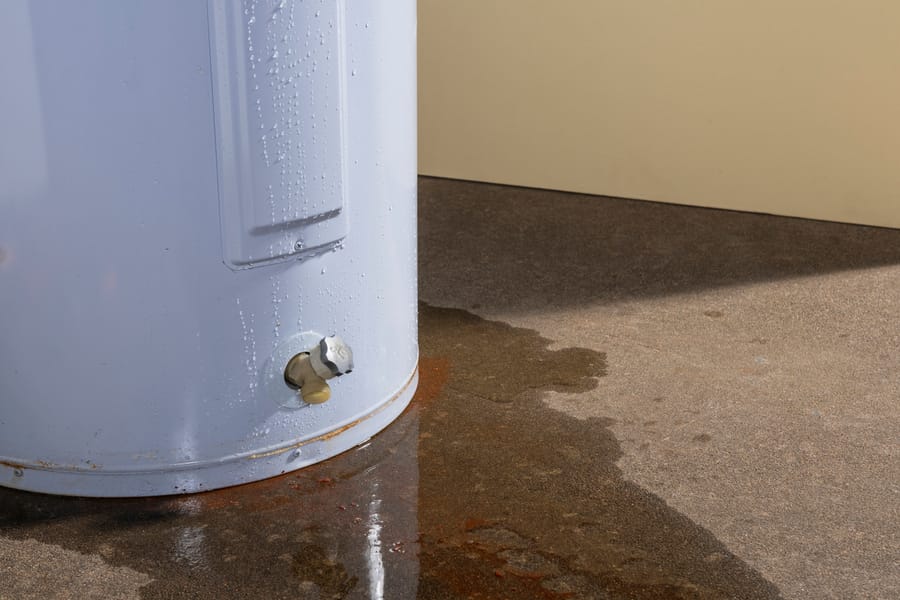
Why is My Water Heater Leaking from the Bottom in Jacksonville?
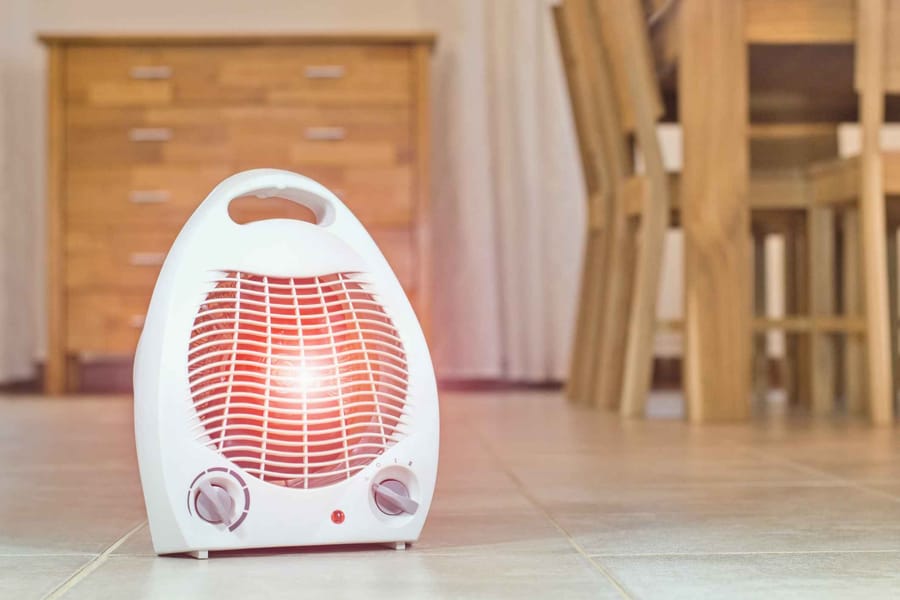
Winter Electrical Safety Checklist for Northeast Florida Homes

Lighting the Night Safely: Outdoor & Holiday Lighting Tips for Florida Winters
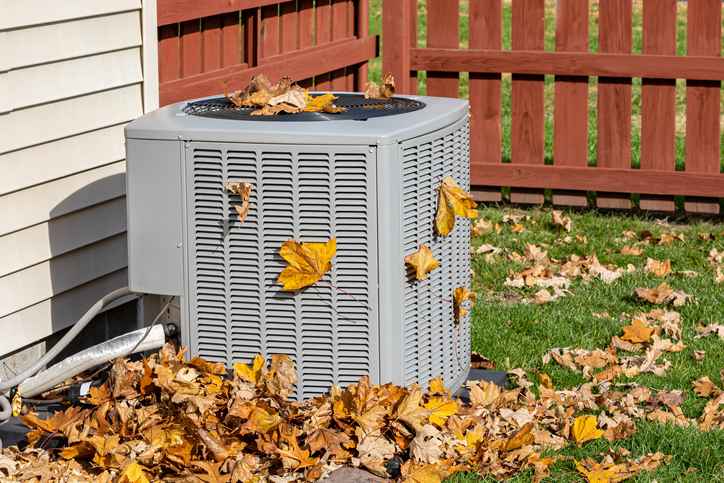
Florida Fall HVAC Tune-Up Guide: Get Your System Ready for Cool Nights & Humid Days
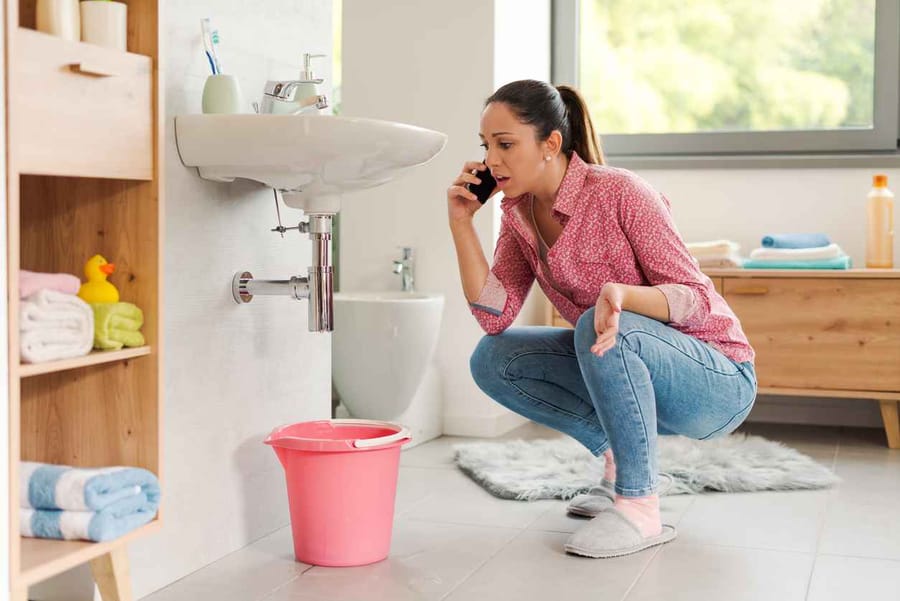
Why Emergency Plumbing Is So Expensive and 4 Ways to Avoid Needing It
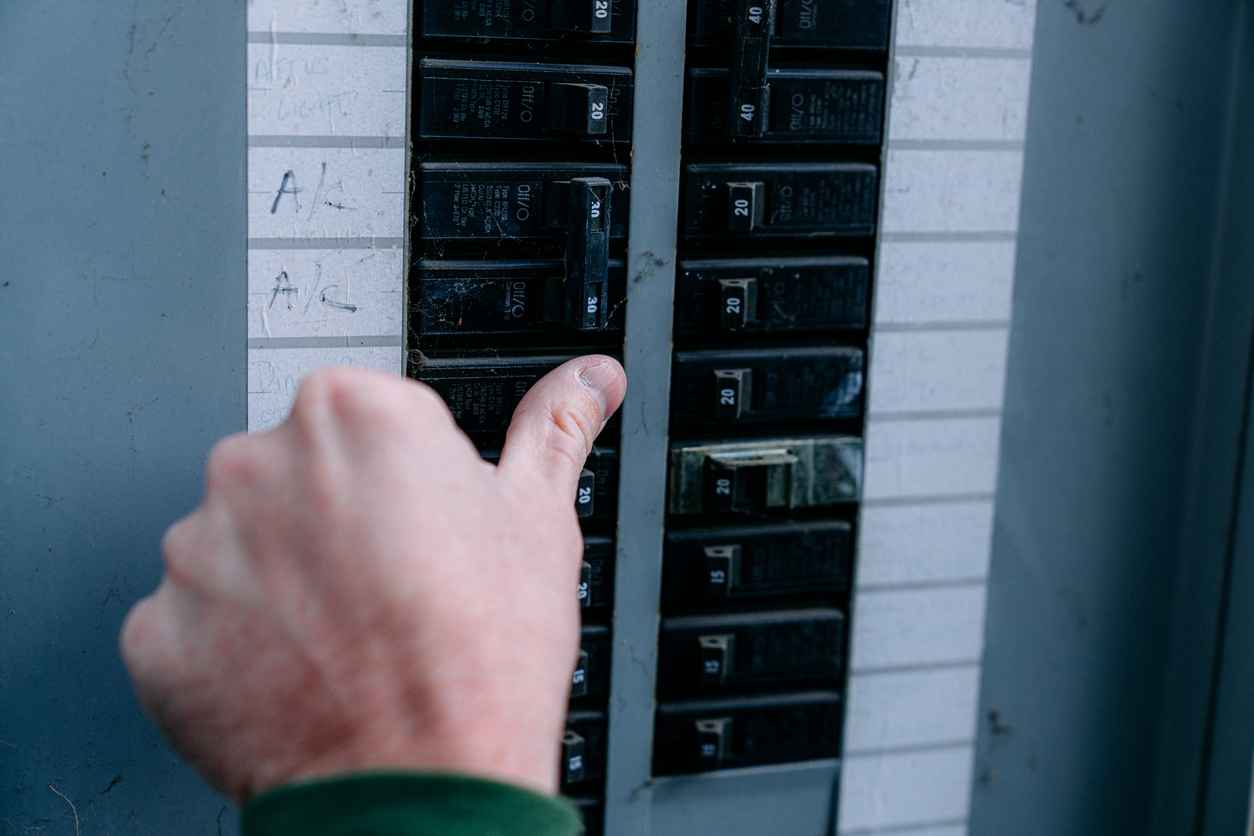
How to Know if You Actually Need a Panel Upgrade
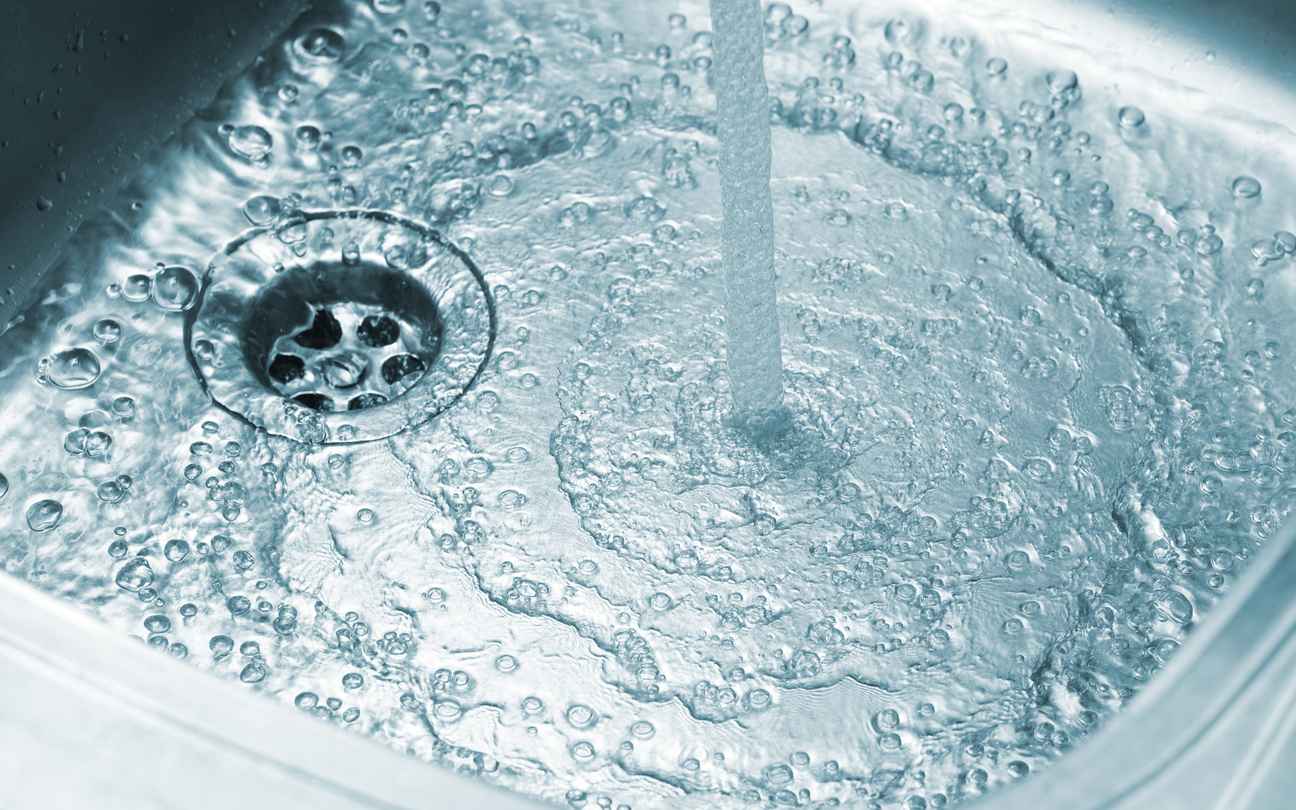
Understanding the Importance of Regular Drain Cleaning

